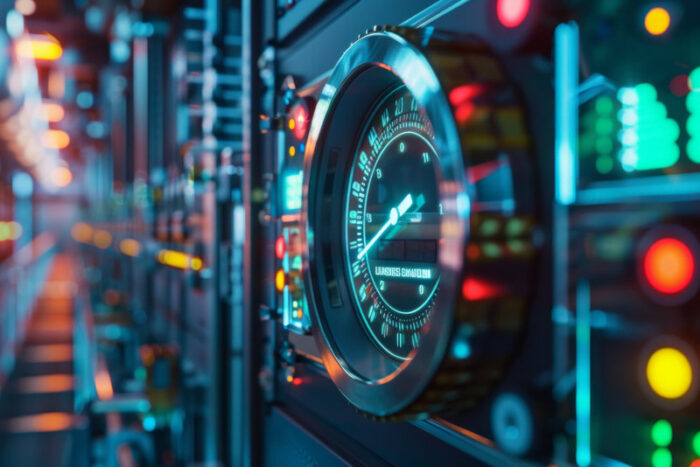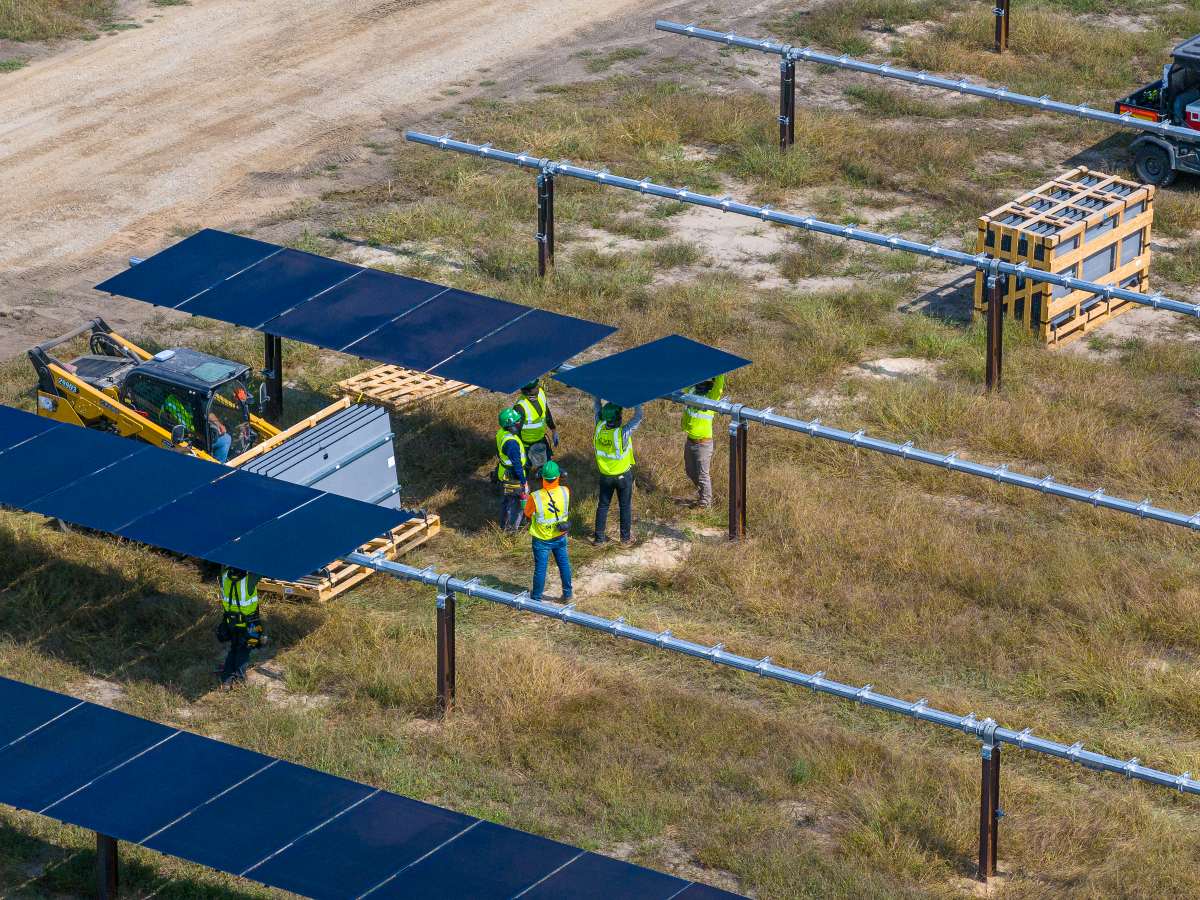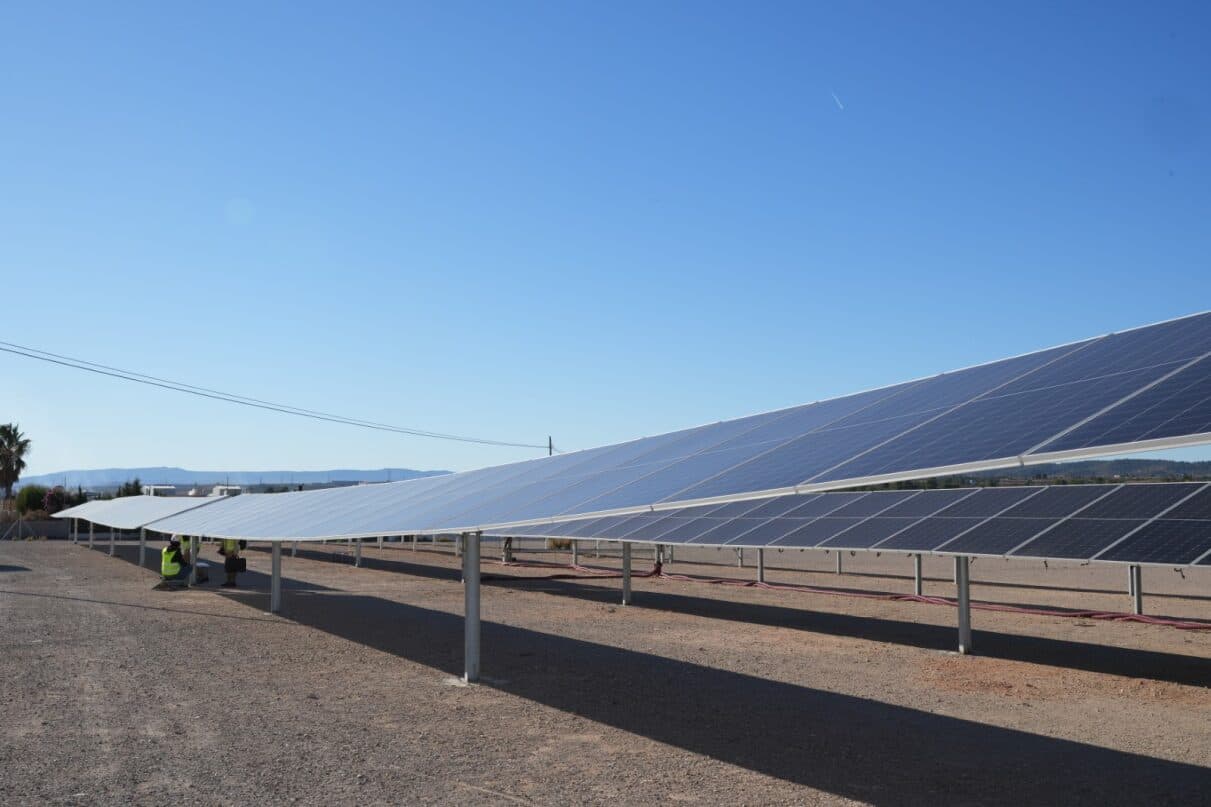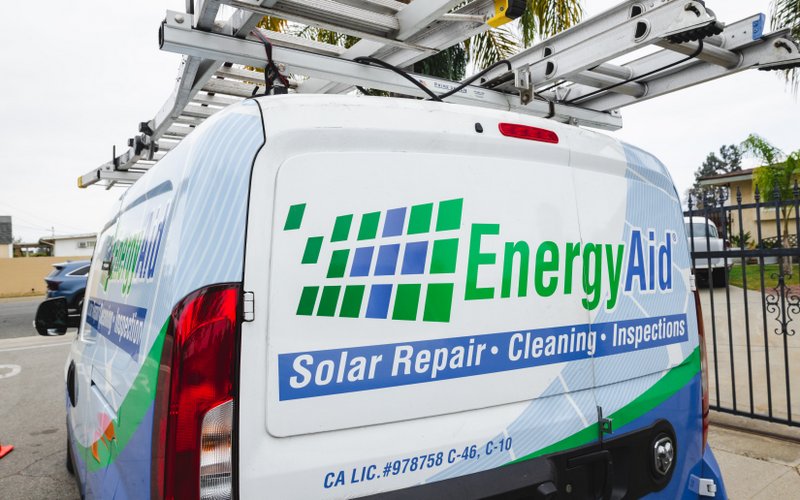Homeowners brace for AI energy strain: Sunrun survey shows 80% fear rising electricity costs
Sunrun poll finds 81% experienced outages in the past year as anxiety grows over utilities’ ability to handle AI-era demand; majority say home solar-plus-storage strengthens the grid

A stat to crystalize this moment: 80% of U.S. homeowners worry data centers will drive up electricity bills. As AI infrastructure scales and weather extremes stack up, Americans fear a fragile grid that feels increasingly unpredictable and expensive.
Those concerns anchor new polling shared by Sunrun, which surveyed 1,000 homeowners nationwide. The findings point to a public bracing for strain on utility systems and actively considering alternatives to stay resilient.
“Americans are worried about energy reliability and affordability. They want solutions that give them independence, control, and peace of mind,” said Sunrun CEO Mary Powell. “Home storage and solar don’t just keep the lights on—they deliver dispatchable power our grid desperately needs.”
Data centers, outages, and skepticism in utility readiness
The survey reports 68% of homeowners doubt utilities can keep up with rising energy demand in their region, with 80% linking AI-driven load growth to higher costs on residential bills.
And outages are already widespread:
- 81% experienced at least one outage in the last year
- 60% saw up to three
- 71% expect outages in the year ahead
- Only 11% felt “very prepared” during the most recent event
Nearly 9 in 10 respondents reported consequences from grid failures—spoiled food, work disruptions, and, in some cases, interruptions to medical equipment.
Solar + storage viewed as grid support, not just backup
The report also measures sentiment on distributed energy’s role beyond personal backup power. 91% of respondents say home solar and batteries strengthen the grid, and 92% would share excess power with neighbors during stress events.
Demand mirrors that confidence: 62% of homeowners have considered installing storage, driven equally by cost control and outage resilience (both 71%).
Sunrun points to its own aggregated fleet as evidence of emerging “grid-as-home” infrastructure, noting that its networked home systems are now delivering hundreds of megawatts of dispatchable capacity during peak periods.
Takeaway: Energy independence rising as a household priority
This survey lands as utilities and regulators debate how to cover a surge in load from data centers, electrification, and building decarbonization. For solar installers and storage providers, it reflects a mainstreaming of resilience as a purchasing driver—and a shift in public perception that distributed energy isn’t fringe backup, but grid infrastructure.
“Every home with storage and solar is a building block of America’s energy future,” Powell said.





Comments are closed here.